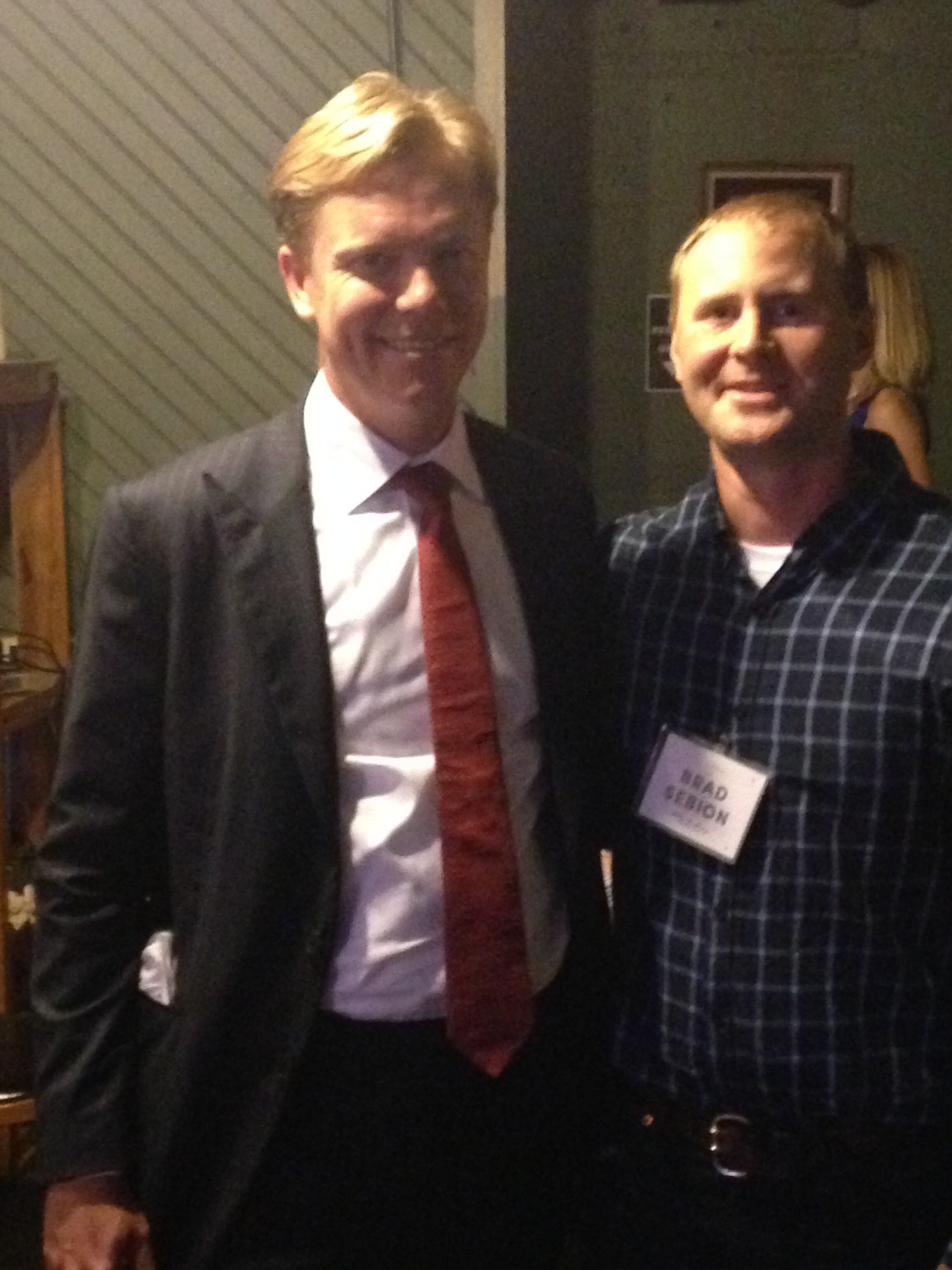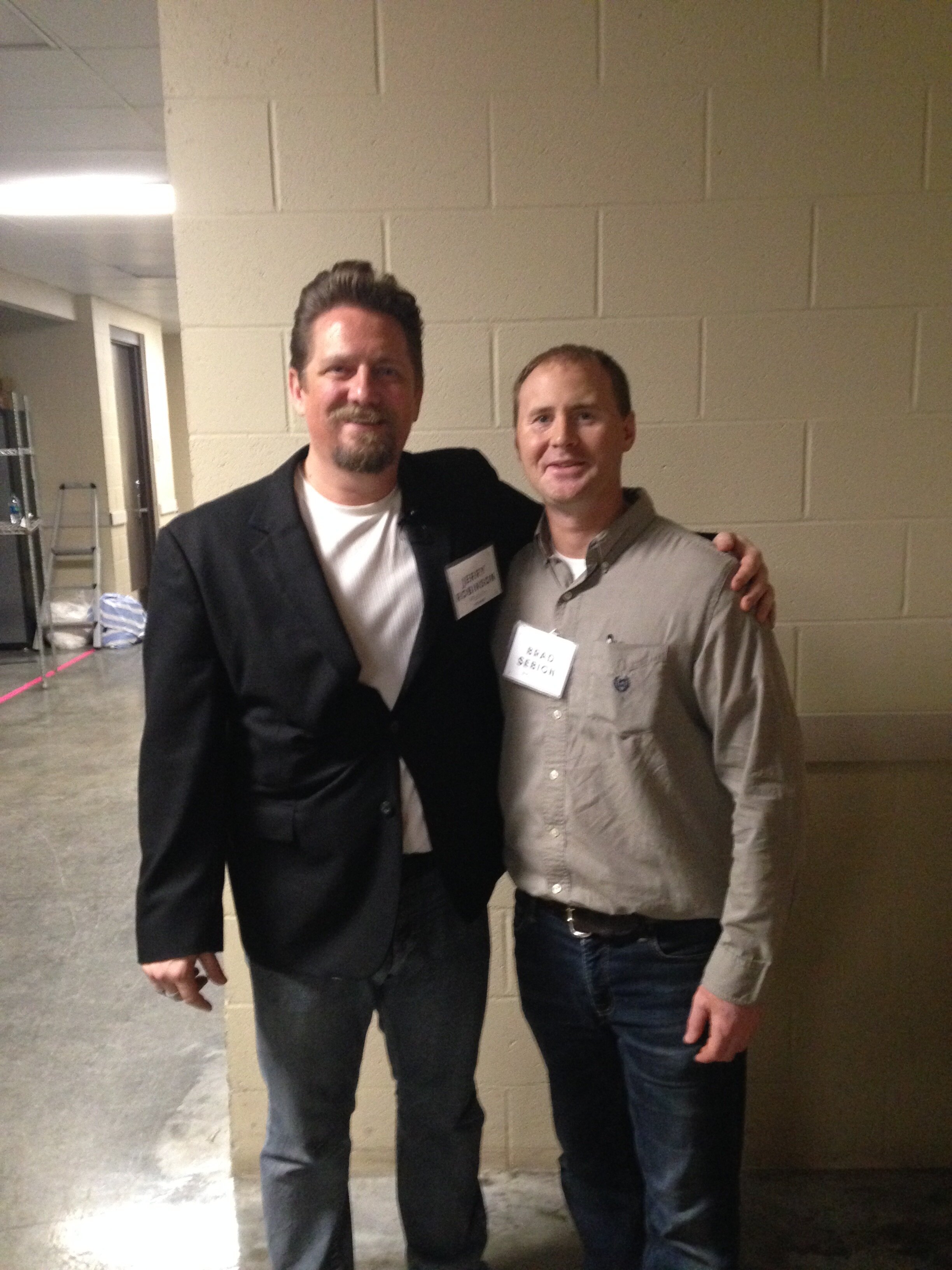Understand the markets to protect and grow your wealth.
Keep up with the current market trends and focus on only the news that matters. Let Money and Trading help guide you through the ups and downs of the market, so you can protect the portfolio you have worked so hard for.
About
I had the privilege to meet Trace Mayer in 2018. He was all about Bitcoin. He believed it holds a first mover advantage. The way the crypto market is moving today, he stands correct.
Follow the Money
Jerry Robinson has been my trading mentor since August of 2014. He is the owner of Follow the Money. For those who want to add a side income or better understand the market, becoming a member is something you should consider.


